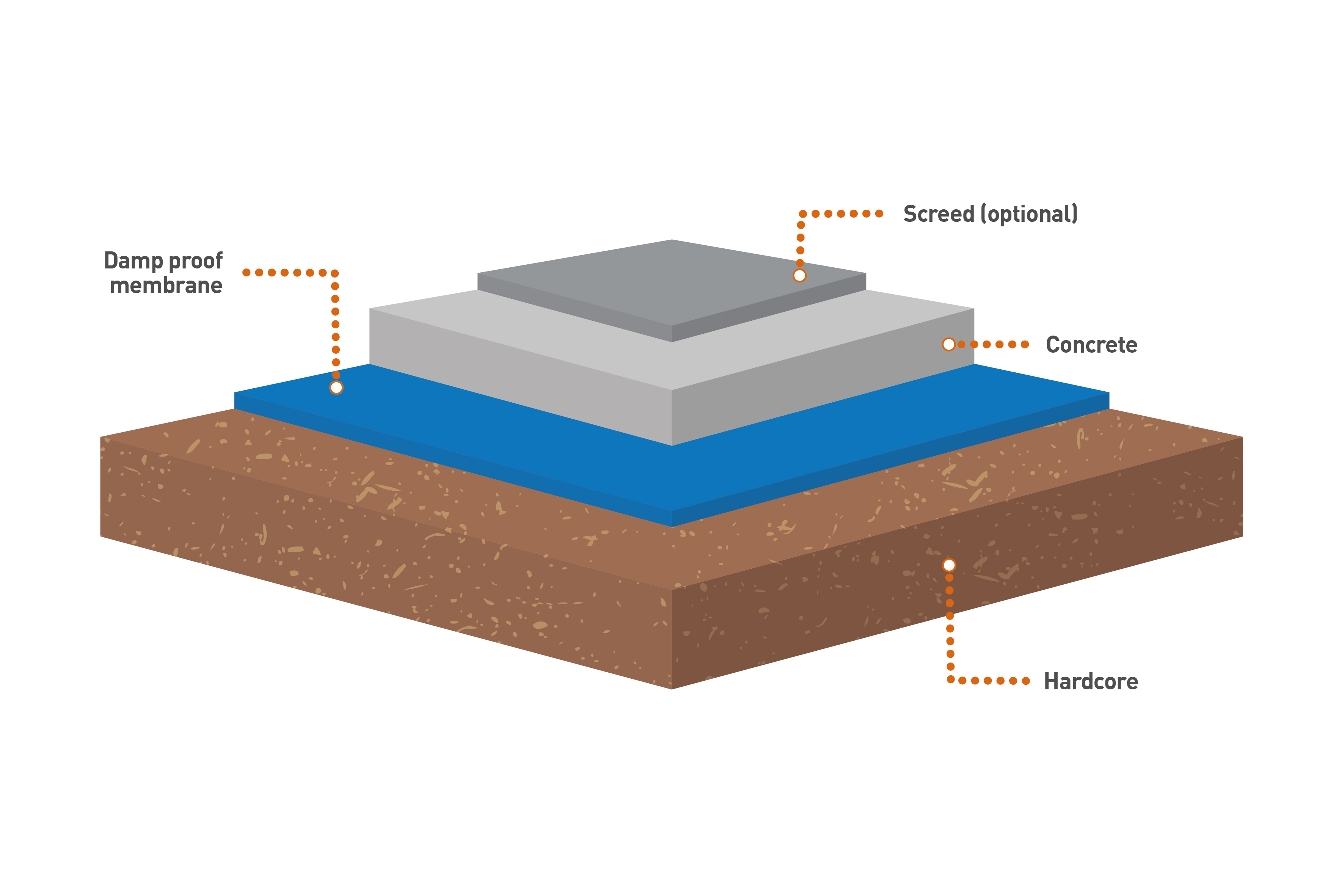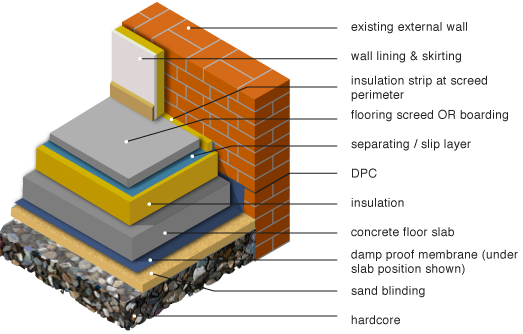As a construction professional or a homeowner planning to build or renovate a property, it is essential to familiarize yourself with the relevant building regulations. When it comes to concrete floors, some specific guidelines and requirements must be followed to ensure safety, structural integrity, and compliance. In this article, I will concisely overview concrete floor building regulations, helping you easily navigate the necessary steps.
Concrete floors are popular due to their durability, strength, and versatility. However, to ensure that your concrete floor meets the necessary standards, it is crucial to adhere to the building regulations in your region. These regulations are put in place to safeguard the structural integrity of the building and the safety of its occupants.
By familiarizing yourself with the concrete floor building regulations relevant to your project, you can ensure compliance and peace of mind. It is essential to consult with local building authorities, architects, or structural engineers to obtain accurate information and guidance based on your specific location and project requirements.

Understanding and adhering to concrete floor building regulations is crucial for ensuring your construction project’s safety, integrity, and compliance. By following the minimum thickness requirements, incorporating necessary reinforcement, damp-proofing effectively, achieving appropriate levelness and flatness, and considering sound insulation when needed, you can create concrete floors that meet the highest standards. Always consult with professionals and local authorities to ensure you meet your specific project’s requirements and regulations.
What are the minimum thickness requirements for a concrete floor?
The thickness requirements for concrete floors vary depending on the type of building, the load it will bear, and other factors. Generally, a minimum thickness of 100mm (4 inches) is recommended for domestic properties, while commercial and industrial buildings may require thicker slabs to accommodate heavier loads.
Do I need reinforcement on my concrete floor?
In many cases, reinforcement is necessary to strengthen the concrete floor and prevent cracking or structural failure. Steel reinforcement, such as mesh or rebars, is commonly used to enhance the tensile strength of the concrete. The specific reinforcement requirements will depend on factors like the span of the floor and the expected loads.
Are there regulations for damp-proofing a concrete floor?
Yes, damp-proofing is an important consideration for concrete floors, particularly in areas prone to moisture or rising dampness. A damp-proof membrane should be installed beneath the concrete to prevent water penetration and the subsequent damage it can cause. The regulations may also require adequate ventilation and insulation to minimize moisture-related issues.
Are there regulations regarding the levelness and flatness of concrete floors?
Yes, building regulations often specify acceptable tolerances for the levelness and flatness of concrete floors. These tolerances ensure that the finished floor is safe to walk on, allow for proper installation of floor coverings, and meet the required standards. Laser leveling and other precision techniques are commonly used to achieve the desired levelness and flatness.
Are there regulations for sound insulation on concrete floors?
Sound insulation requirements for concrete floors vary depending on the type of building and its intended use. In residential properties, for instance, there may be regulations in place to minimize sound transmission between floors. These regulations often include specific guidelines for the use of acoustic underlays or resilient mountings to enhance sound insulation.
Building Guidelines Concrete Floors, Slabs
Building Guidelines Concrete Floors, Slabs
How to Replace a Timber Floor With a Concrete Floor DIY Doctor
How to Pour a Concrete Floor EasyMix Concrete UK Ltd
Detail Post: Floor Details – First In Architecture
How To Insulate An Existing Concrete Slab? BagOfConcrete
Cross section floor insulation building regulations Floor
Building Guidelines Concrete Floors, Slabs
insulation below ground floor slab Slab insulation, Flooring
Limecrete Floor Breathable Solid Floor LABC Certified
Building Guidelines Concrete Floors, Slabs
GreenSpec: Housing Retrofit: Ground Floor Insulation
Related Posts:
- Applying Concrete Floor Paint
- Non Slip Concrete Floor Sealer
- How To Paint Concrete Garage Floor
- Outdoor Concrete Floor Ideas
- Concrete Floor Covering Ideas
- Cracks In Polished Concrete Floors
- Drylok Concrete Floor Paint Colors
- Polished Concrete Floor Thickness
- Residential Stained Concrete Floors
- Cheap Concrete Floor Finishes






